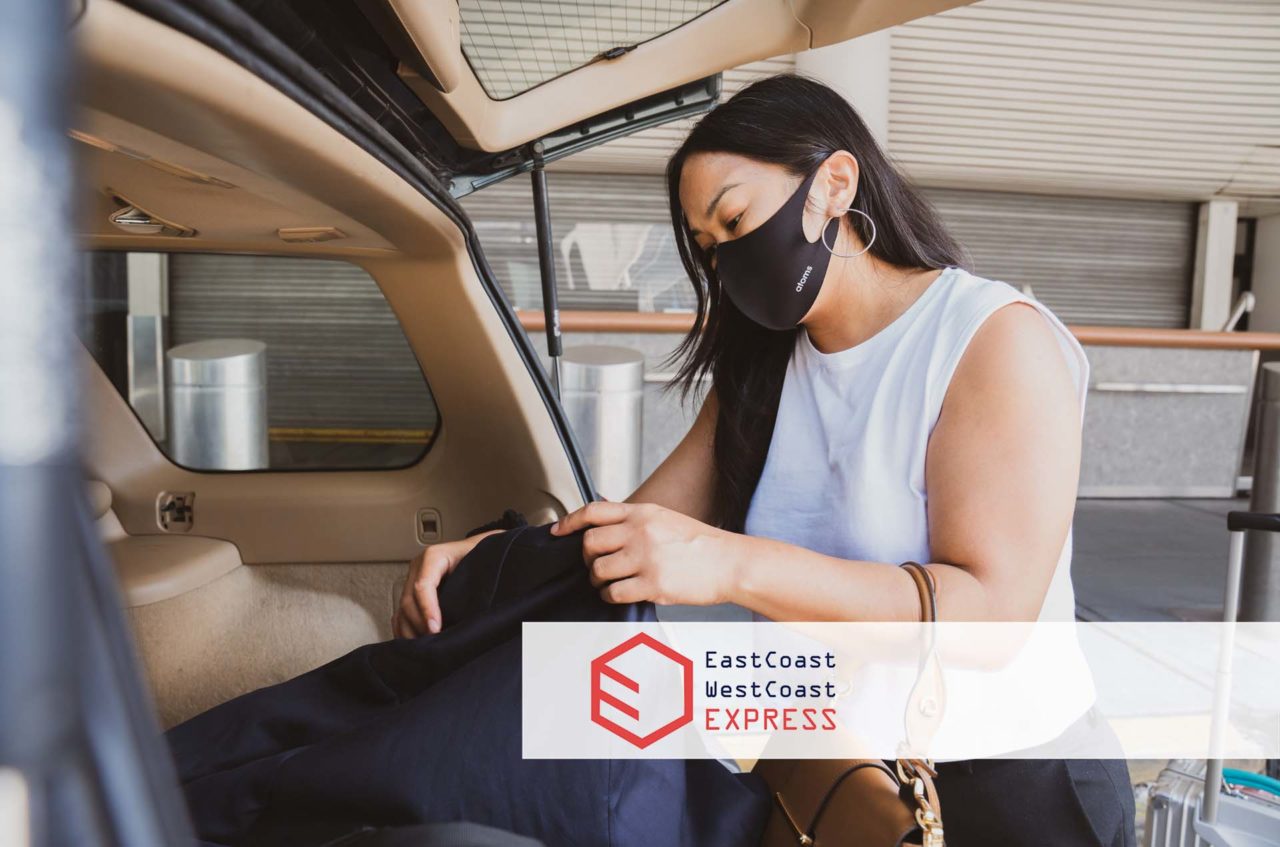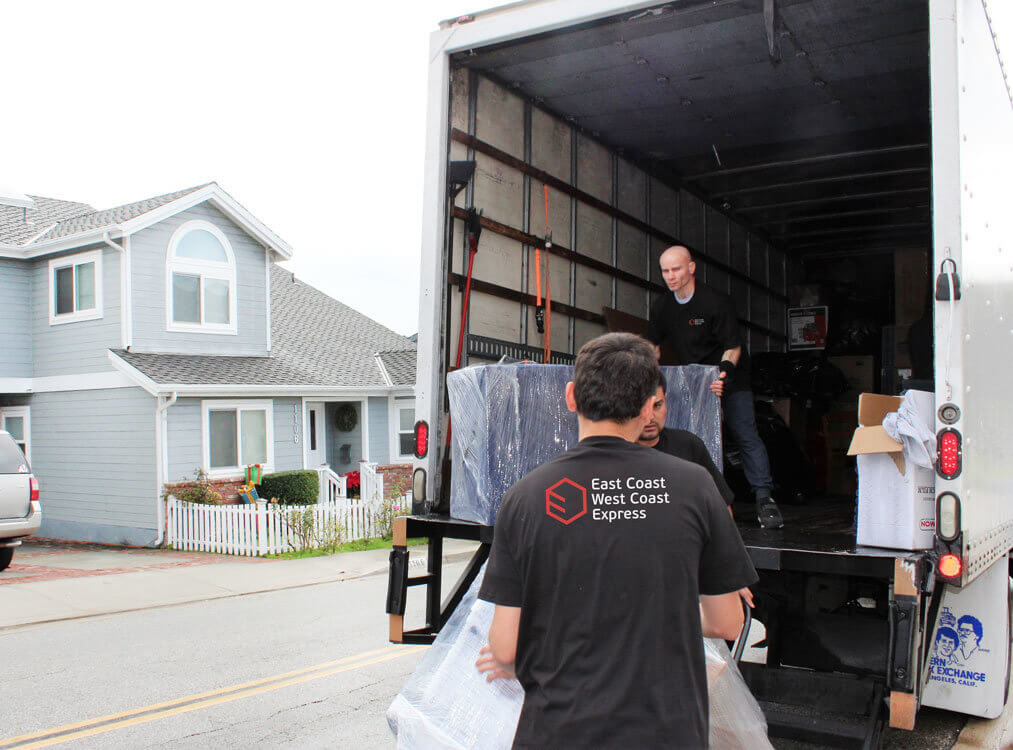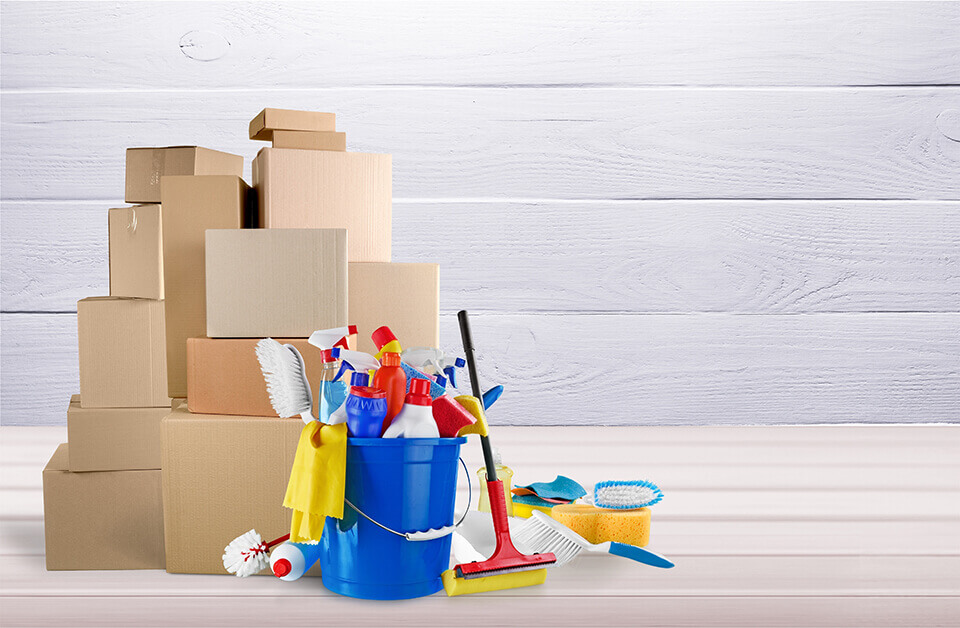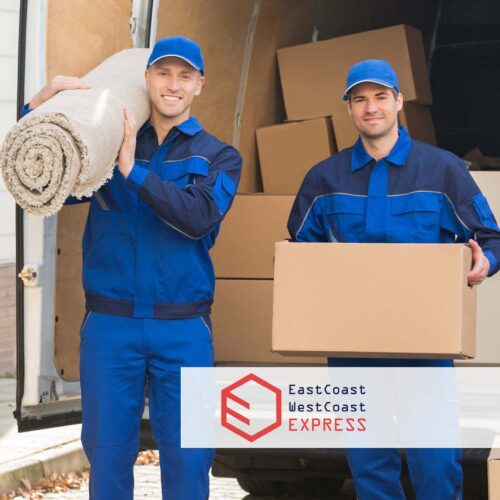
Almost a year has passed since the new strain of coronavirus threw everyday life out of joint on a global scale. Yet, despite curfews and social distancing strictures, life goes on, and for whatever reason, you might want to change the place you currently live in and move safely. We will give you the best advice on whether you should move and all the cross country moving safety tips for doing so responsibly, and with the least possible stress.
Do Movers Work During the Pandemic?
In the state of a global emergency, you try to isolate yourself as much as possible and reduce your movement and interpersonal contact to a minimum. A lot of businesses reduced working hours, public places have closed and people find it best to delay any big decisions. However, moving is regarded as essential and cross country movers continued to provide their services to people who had reasons to move throughout the crisis.
Is It Safe to Travel During the COVID-19 Pandemic?
At this moment, nobody knows for sure how much longer this emergency state will last. And since there’s no definitive answer to the question “how long does it take to recover from COVID-19” it’s understandable if some people are reluctant to pack up and meet new neighbors. Still, if you think that long-distance moving to another state alone or with family is worth the risk, it’s possible to move safely.
 A reputable company will make your relocation experience as safe as possible.
A reputable company will make your relocation experience as safe as possible.
Essential Tips for Relocation
Different areas adopt different Covid regulations so informing yourself about it is among the most important things to do before moving. Also, try to restrict most of your home buying activity to phone and internet and make a detailed list of questions for things you would otherwise check on the spot, even if you’re forced into last-minute relocation.
Getting Rid of Stuff
Moving out entails getting rid of things you no longer need or use, especially if you’re relocating to a smaller home. Pandemic has made that process a bit more difficult, as many auctions and donation centers are pickier and garage sale might not be an option. So, contact organizations like Goodwill and Salvation Army early on and check their local site for specific guidelines and availability.
Tips for Packing Your Belongings
When getting organized to move, packing is among the most important tasks. To maximize safety, it is recommended to use your old boxes or buy new ones. Even though the contamination period of the virus on hard surfaces is less than it was thought to be, do not risk infection by getting cardboards in the way most moving hacks say – secondhand. So buy as many packing supplies as you can, and ordering online is always the best option.
This is also a good opportunity to sanitize your stuff. Wipe down frequently touched surfaces like handles, buttons, monitors, and alike. As for preparations for moving furniture, it’s advisable to wrap it in a protector like plastic to help save it from dirt and debris and for easier contamination removal. Use a light disinfectant on the furniture before packing.
 Take your used boxes or buy new ones.
Take your used boxes or buy new ones.
Moving Day Tips
If you can’t afford professional east coast movers, or west coast movers ask a few friends to help you move out but be sure to ask them for possible symptoms of coronavirus and take necessary close contact precautions. All in all, a weekday morning is the best time for scheduling a move.
How Can I Reduce the Risk of Getting COVID-19?
You’re going to encounter a larger number of people, be extra careful. For everyone’s safety, pack your things at least 24 hours before the movers arrive and try to secure sole access to a service elevator to avoid infection. Protect yourself and others at all times, even if you do not feel any symptoms, it’s always advisable to wear a mask and provide hygienic products for your movers.

During and After the Trip
If you’re not driving your stuff with a van or a truck and If you can’t go with a car, choose a method that minimizes infection chances, like flying. If that’s not possible, try to minimize exposure. Research the spots along the way for outbreaks and plan for alternative routes. Pack food, and have enough sanitizer for all your traveling needs.
Avoid cities and popular vacation spots, and make sure hotels have safety protocols like check-in without contact and additional cleaning. Check the cancellation policies of airlines and hotels.
How to Prevent the Spread of Coronavirus at Home?
Upon arrival, wait a day before you begin utilizing tips for unpacking and handling anything inessential. Instead, thoroughly clean the apartment first. Then unpack everything, with utmost caution and a lot of hand-washing. For everything else you might need, be sure to order online for maximum safety.
 Deep cleaning is a must before unpacking
Deep cleaning is a must before unpacking
Choose a Reputable Company as a Safest, Most Reliable Method
Renting a truck is a good idea, as well as shipping. But the safest and least stressful option is to choose a long-distance moving company and hire their cross-country moving services. It is also advisable to use professional packing services if you have any doubts about packing fragile items, for example. And don’t forget to get moving insurance.
If you opt for long-distance movers, do good research and avoid moving scams. But also be sure that movers follow safety protocols, employ masks and social distancing. Don’t forget to apply all recommended measures yourself, and if you feel unwell, cancel everything. But, if everything goes according to plan, and there’s no reason not to be so, tip your movers and move on to make friends in a new city.









